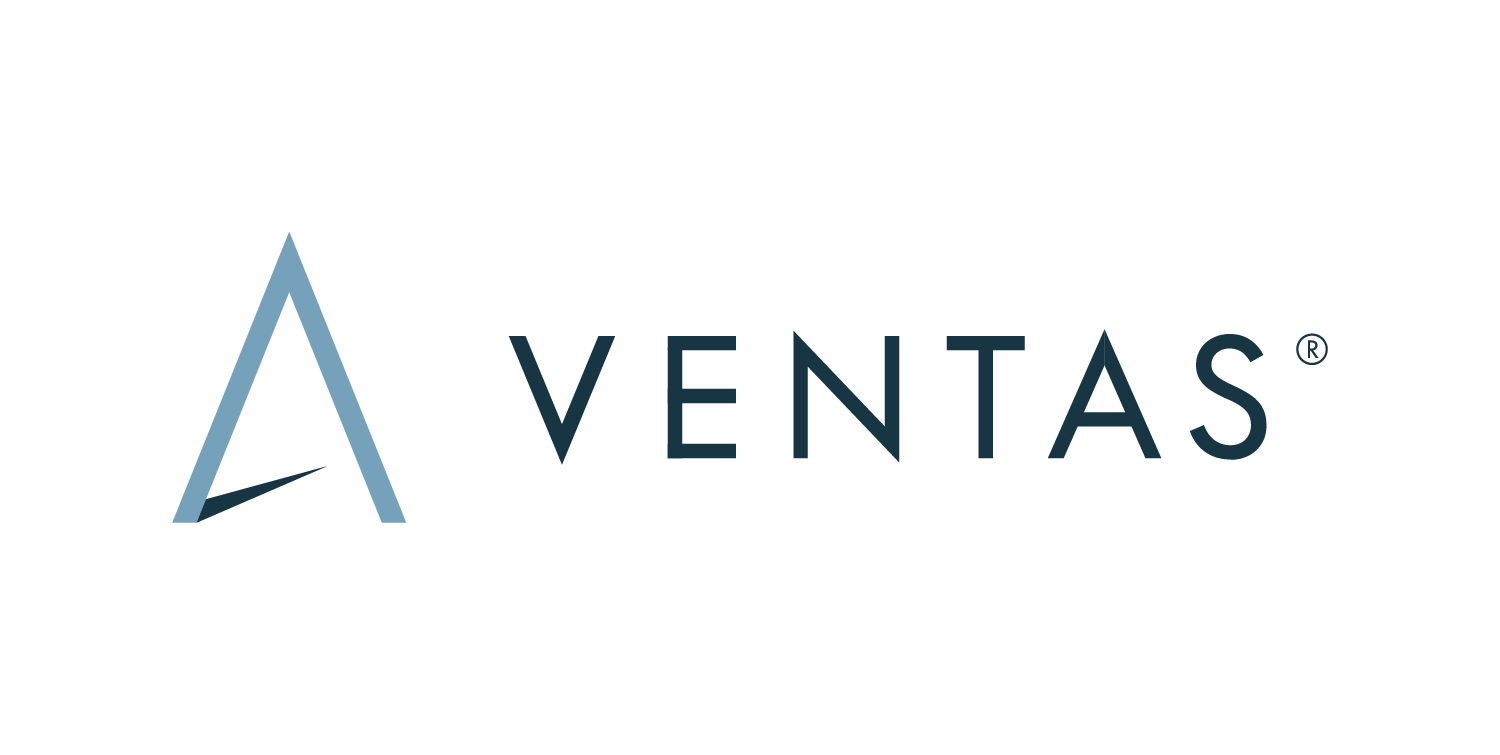There’s a lot of advice about what you should be saying during your job interview, but something that’s often missing from interview tips and guides is what you shouldn’t say during an interview. And there are some things you should never say during any job interview—especially for internships and entry-level roles.
We’ve spoken to some of the most experienced intern and entry-level recruiters to come up with a list of things that you should never say during an interview. And don’t worry, we’ve included plenty of examples.
Check them out.
1. Don’t Talk About Leaving A Company Before You’re Even Hired
One of the great things about a lot of early-career opportunities is that they invest a lot of time and money into training you. “Invest,” however, is the operative word there. These companies, if they hire you, are planning on training and developing you as a professional so that you can do great work for them. They won’t be excited to hear you’re planning on leaving after a year, even if you are.
If you’re planning on going to grad school or taking time off to travel the world at some point down the line, it’s probably best not to mention it. It’s not something you need to table or hide forever, but once you’re actually hired you can find out more info. Some companies will actually pay for grad school for their employees or give them a sabbatical to travel the world after a couple years of service.
2. Don’t Mention LinkedIn/Facebook “Stalking” Your Interviewer (Even Though Everybody Does)
Recruiters know that you’re going to look them up beforehand. It’s just a part of any curious and prepared candidate’s research process. However, using impolite and tone-deaf phrasing like “stalking” can make you come off the wrong way.
If you have a great example or point on which you can relate to your interviewer, try saying something like, “I saw online that you also worked in the non-profit space. I found that my volunteer work at a non-profit really prepared me to handle customer service, because the importance of the work instilled a great sense of urgency in me.”
Remember, interviews aren’t just about skills and experience. They’re also important for determining whether you’re a “culture fit” (a.k.a. whether your personality would fit into the company’s style). Any possibility to avoid coming off as creepy or tone-deaf could go a long way toward assuring them that you’re a good person, just like they are.
3. Your Starbucks Order
Never, ever get caught doing anything besides giving the interviewers your full attention during a phone or video interview. This means don’t place an order at Starbucks or a restaurant, go to the bathroom, or do anything else besides interviewing while you’re on the call. This is a sign of blatant disrespect (at worst) or total ignorance (at best). You should always conduct your interviews in a quiet, private space where you won’t face any interruptions.
If you really can’t find somewhere other than a restaurant or cafe, just give your interviewers a heads up at the beginning of the call and apologize for any inconvenience.
4. Don’t Say That Another Company Is Your Dream Company
Who wouldn’t love to work for Tesla, NASA, or Google? Unfortunately, unless you’re interviewing with them, saying one is your “dream company” is a bad idea.
Recruiters know that not every great candidate is going to be 100 percent passionate about the company’s mission, even if they are passionate about the work, the team, or the opportunity. However, tons of candidates mention other companies—sometimes even competitors—as their “dream company” or somewhere they’d prefer to work.
This is insulting to the recruiter and the company. If you’re not enthusiastic about the role, even during the interview, then they can’t count on you to care six or even three months into the job.
5. Anything Controversial, Especially About Politics Or Religion
Much like a first date, a job interview isn’t the right time to dive into your most controversial views.
This isn’t to say that you shouldn’t be able to speak to your beliefs in general terms, but you should try to avoid controversial issues, especially those related to politics and religion.
These parts of your life are important, but telling someone you just met (who also decides your fate) about your personal views is never a good idea.
You can, however, bring up politics if it relates to the conversation. For example, if you volunteered for or led a political organization while you were in college, then that’s valuable experience that you should definitely bring up. Another great example is if you worked on a political campaign. Try to focus on the work you did rather than the more nuanced aspects of the issue or the candidate.
(If you’re really concerned, you can always anonymize it by saying something like, “I worked for a congressional candidate in my state’s fourth district in 2018 for a really competitive race. I did x, y, and z in order to accomplish this goal.”)
It’s okay to have values. It shows passion and intelligence. However, this is your first impression with someone and you should show them you know what is and isn’t appropriate to talk about at work.
Don’t Worry, You CAN Recover From Saying One Of These Things
Even if you said something found on this list, you can definitely recover. If you feel like it was really bad, then you could apologize in your follow-up email. However, if you feel it wasn’t an obvious point of tension or awkwardness, then just take some time in your follow-up email to reiterate how excited you are about the role, how much respect you have for the company, and how much you appreciate the recruiter taking time out of their busy day.
These tips are especially good for entry-level jobs and internships, but if you’re looking for a more senior role, then check out these similar articles.
And don’t forget to apply everything you’ve learned to that second or third round of interviews! For more career advice and interview tips, check out the WayUp Guide.







